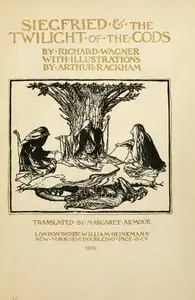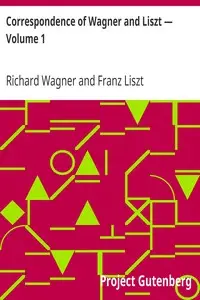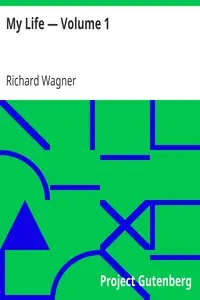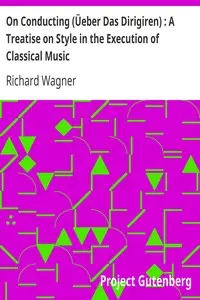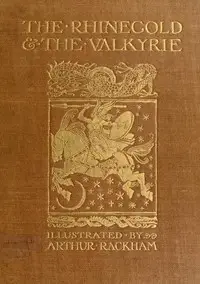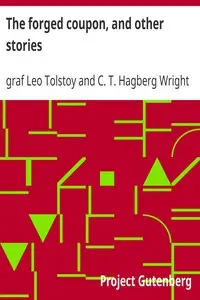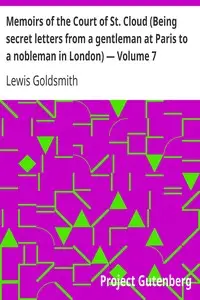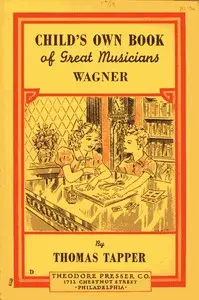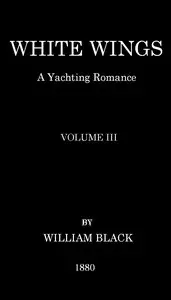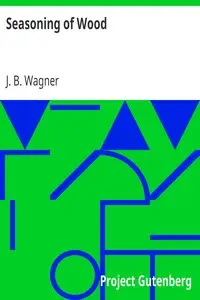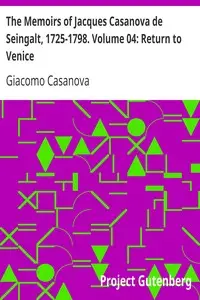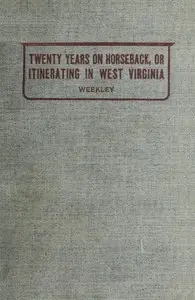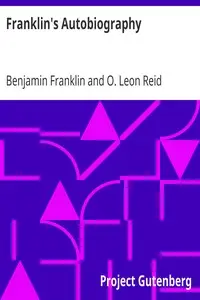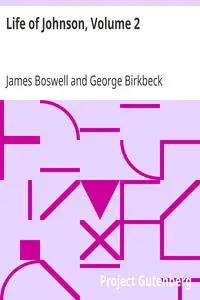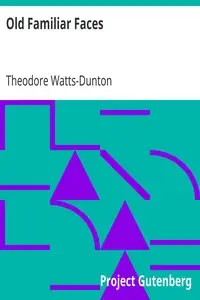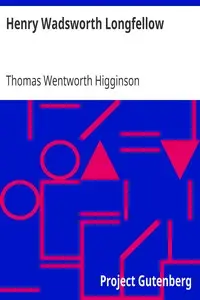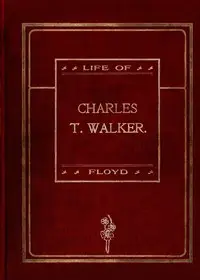"Correspondence of Wagner and Liszt — Volume 2" by Richard Wagner and Franz Liszt is a collection of letters between these two prominent figures in the realm of classical music, written during the mid-19th century. This volume chronicles their thoughts, struggles, and the dynamic relationship they cultivated over their artistic endeavors, touching upon themes of friendship, artistic integrity, and personal hardships. At the start of this volume, the reader is introduced to the correspondence that captures moments from Wagner's life, highlighting his emotional turmoil and artistic aspirations. The initial letters reveal Liszt's response to Wagner's opera "Lohengrin," discussing its performance in Leipzig and expressing his admiration while also pointing out areas for improvement. Wagner, in turn, communicates his own struggles with life and creativity, illustrating a profound sense of despair over his financial situation and the lack of appreciation for his genius, even as he recognizes Liszt's unwavering support. This opening sets the stage for an exploration of their friendship amid the challenges they faced in the music world, giving us insight into the minds of two legendary composers. (This is an automatically generated summary.)
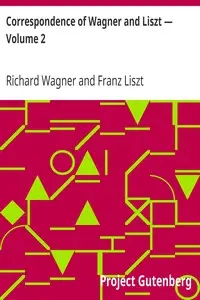
Correspondence of Wagner and Liszt — Volume 2
By Richard Wagner
Translation of Briefwechsel zwischen Wagner und Liszt.
Wilhelm Richard Wagner was a German composer, theatre director, polemicist, and conductor who is chiefly known for his operas. Unlike most opera composers, Wagner wrote both the libretto and the music for each of his stage works. Initially establishing his reputation as a composer of works in the romantic vein of Carl Maria von Weber and Giacomo Meyerbeer, Wagner revolutionised opera through his concept of the Gesamtkunstwerk, by which he sought to synthesise the poetic, visual, musical and dramatic arts, with music subsidiary to drama. He described this vision in a series of essays published between 1849 and 1852. Wagner realised these ideas most fully in the first half of the four-opera cycle Der Ring des Nibelungen.

